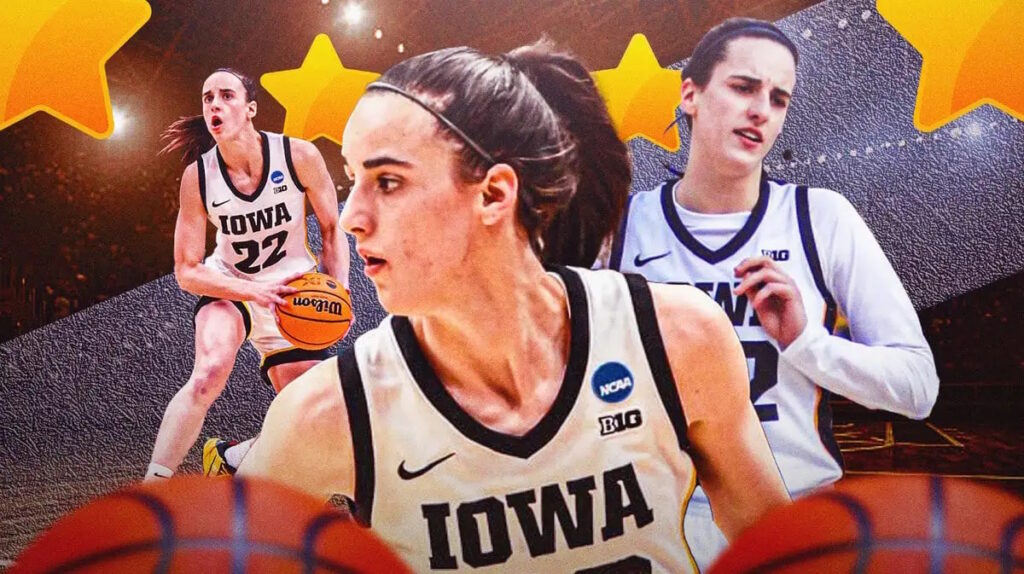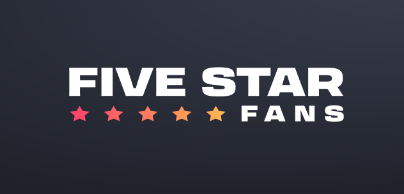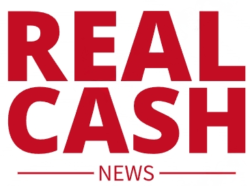Below, SCCG Research unpicks how the iGaming & sports betting markets can be affected by college athletes leveraging their name, image and likeness (NIL) – even through non-gambling related sponsorships.
Despite NCAA regulations that strictly forbid college athletes from directly endorsing real-money sports betting, their significant popularity and active involvement with fan communities enable them to become influential figures in related markets. The strong presence of athletes on social media and their connections with lifestyle brands play a crucial role in influencing consumer behavior in betting contexts. Although they cannot legally promote sports betting, their visibility and personal interactions with followers create an indirect avenue that boosts awareness and engagement within iGaming environments, ultimately adding reputational value to betting brands.
Case study: Caitlin Clark And The Surge In women’s Basketball Betting
The rise of NIL opportunities has significantly bolstered athlete exposure, with Caitlin Clark serving as a prime example. Her popularity has not only transformed the perception of women’s college basketball but has also driven tangible increases in betting interest. The 2023 NCAA women’s basketball tournament, with Clark’s standout performances, saw a substantial uptick in betting engagement. According to BetMGM, the betting handle on the women’s tournament increased by 30% from the previous year.

Although NIL regulations prevent direct betting endorsements, the amplified visibility of star athletes like Clark indirectly influences betting markets. Her partnerships with major brands such as Nike, Gatorade, State Farm, have enhanced her reach across both sports and mainstream media, indirectly fostering greater engagement with women’s basketball. The increased media attention has elevated viewership and fan investment, benefiting sportsbooks that capitalise on heightened interest during high-stakes games and tournaments.
This is particularly evident in traditionally underserved segments like women’s sports. While the NCAA still prohibits direct NIL deals with sportsbooks, the spillover effect from brand partnerships continues to shape the sports betting landscape, particularly in the realm of college basketball.
This trend exemplifies how NIL-driven exposure in college athletics can synergise with betting industry growth Athlete Endorsements in non-gambling gaming markets.
While direct partnerships with sportsbooks are off-limits for college athletes, NIL has opened doors for their engagement in non-gambling gaming sectors, such as esports, where they can leverage their popularity without risking NCAA eligibility. For example, the return of EA Sports’ “College Football” video game series includes NIL compensation, where athletes receive payment for allowing their likenesses to appear in the game. Over 10,000 athletes opted to participate in this opportunity, using it to expand their visibility and establish a stronger fan connection through virtual representation. These partnerships provide a structured, non-betting environment that allows athletes to monetise their image responsibly while fostering fan engagement through gaming.
Examples of Gamified Fan-Engagement Partnerships
In addition to EA Sports, innovative fan engagement platforms like Five-Star Fans offer college athletes a unique way to monetise their NIL without gambling involvement. Five-Star Fans has developed a gamified experience in which college sports enthusiasts can support athletes by purchasing “likes” within the app, which fans then allocate to the athletes as they make plays in real time. The platform gives fans the play by play and live digital content so the fan can send support to players in real time. This competitive and supportive system financially benefits athletes without any gambling component, making it a safe and compliant way to leverage fan enthusiasm. It allows every athlete to monetise NIL without the large endorsement deals you see in the mainstream media.

Check other sport articles.
